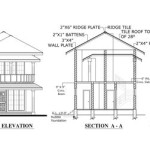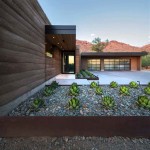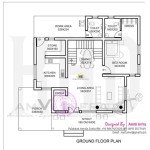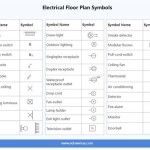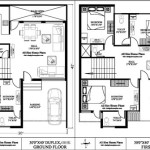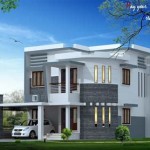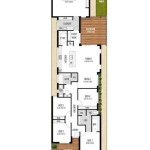Essential Aspects of a Most Cost-Effective House Plan Build
Building a house can be a significant financial undertaking. To ensure you get the most value for your money, it's crucial to consider the following aspects when selecting your house plan and designing your build:
1. House Size:
The size of your house directly impacts the cost of construction. Choose a plan that meets your needs without overbuilding. Consider the number of bedrooms, bathrooms, and living spaces you require.
2. Design Complexity:
Complex designs with intricate rooflines, multiple gables, and elaborate facades increase construction costs. Opt for simpler designs with fewer architectural features to save money.
3. Foundation Type:
The foundation is a crucial structural component that affects the overall cost. Basement foundations are more expensive than crawl spaces or slab foundations. Choose the most cost-effective option that suits your soil conditions and building site.
4. Roofing Material:
The cost of roofing varies depending on the material you choose. Asphalt shingles are the most affordable option, while metal or tile roofing is more durable and expensive. Consider your local climate and budget when making your selection.
5. Window and Door Choices:
Windows and doors allow for natural light and ventilation but also contribute to construction costs. Energy-efficient windows and insulated doors are more expensive but offer long-term savings on energy bills.
6. Energy Efficiency:
Investing in energy-efficient features such as insulation, efficient appliances, and smart thermostats can save you money on utility bills over the long run. Consider these features to reduce your operating expenses.
7. Material Costs:
The cost of building materials fluctuates with market conditions. Be aware of material prices before finalizing your house plan and budget. Consider using locally sourced materials to reduce transportation costs.
8. Labor Costs:
Labor costs also vary depending on your location and the availability of skilled labor. Get multiple bids from contractors to compare costs and ensure you're getting a fair price.
9. Building Permits and Fees:
Building permits and fees vary by municipality and are essential costs to consider. Contact your local building department for specific requirements and cost estimates.
10. Site Preparation:
Preparing the building site involves clearing land, grading, and installing utilities. This can be a significant cost, especially if the site has steep slopes or challenging soil conditions.
By carefully considering these factors and working with a reputable builder, you can select the most cost-effective house plan and design a build that meets your needs and budget. Remember to prioritize quality construction practices and energy efficiency to ensure long-term savings and enjoyment of your new home.

Stylish And Simple Inexpensive House Plans To Build Houseplans Blog Com

Stylish And Simple Inexpensive House Plans To Build Houseplans Blog Com

Stylish And Simple Inexpensive House Plans To Build Houseplans Blog Com

Stylish And Simple Inexpensive House Plans To Build Houseplans Blog Com

Stylish And Simple Inexpensive House Plans To Build Houseplans Blog Com

Most Cost Effective Home To Build With Advanced Technology Plans Affordable House Design Contemporary Exterior

Low Budget Small House Design Ideas

10 Best 1500 Sq Ft House Plans As Per Vastu Shastra

Low Budget Small House Design Ideas

Stylish And Simple Inexpensive House Plans To Build Houseplans Blog Com

